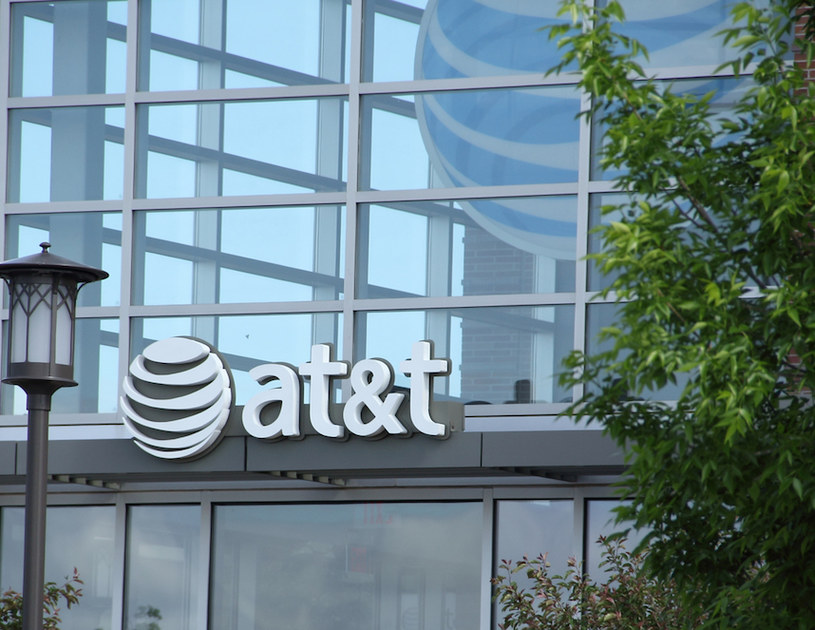Silicon Valley Close to Settlement

Google, Apple, Intel and Adobe have now offered $415 million to settle accusations that they had conspired against their own employees, according to the New York Times (Jan. 14, 2015). This settlement proposal has increased from an earlier offer of $324.5 million, an amount that U.S. District Judge Lucy Koh rejected last August, when she agreed with plaintiff and former Adobe engineer Michael Devine. He protested the amount, arguing that it wasn’t enough money given the wealth of the companies and the scale of their collusion - their “non-poach” agreements. Devine, who is one of five named plaintiffs in the class-action lawsuit, did the math and figured that affected workers would end up with only a few thousand dollars each.
This new settlement amount is still pocket money to the silicon giants, but Devine said it is “at least in the right ballpark.” Pundits say it would be in their better interests to settle rather than go to trial. The latter might tarnish their reputations as forward-thinking and worker-friendly and caring empires.
Of course there is a chance that plaintiffs might lose if it goes to trial. And it’s a big gamble for their lawyers whose share in the settlement could be as much as 25 percent. If they lose at trial, attorneys’ years of hard work goes down the drain. On the other hand, a jury could award the plaintiffs a few billion dollars. Earlier, lawyers estimated that damages were $3 billion, an amount that would be tripled after a guilty verdict, reported Reuters. The case is slated for a trial this spring in San Jose.
This complaint goes back to 2005, when Apple co-founder Steve Jobs asked Google CEO Eric Schmidt to stop poaching Apple workers. In the lawsuit, plaintiffs used the deceased Jobs’ e-mail to Schmidt as evidence that they agreed not to steal each other’s employees by offering them lower wages to discourage them, according to USA Today. And Intel even had a written document regarding a non-poach agreement with Pixar, where Intel’s policy was to not hire any Pixar employee without the Pixar CEO’s approval.
In 2011, after a Justice Department investigation, antitrust complaints were lodged against Google, Apple, Intel, Intuit, Adobe, Pixar and Lucasfilm. All companies paid a combined settlement of $20 million, but one Inuit employee told USA Today that he only received $1,000 - not enough to pay for a vacation in the Caribbean that he had been hoping for. Perhaps this settlement will allow workers to have their days in the sun.











No Comments